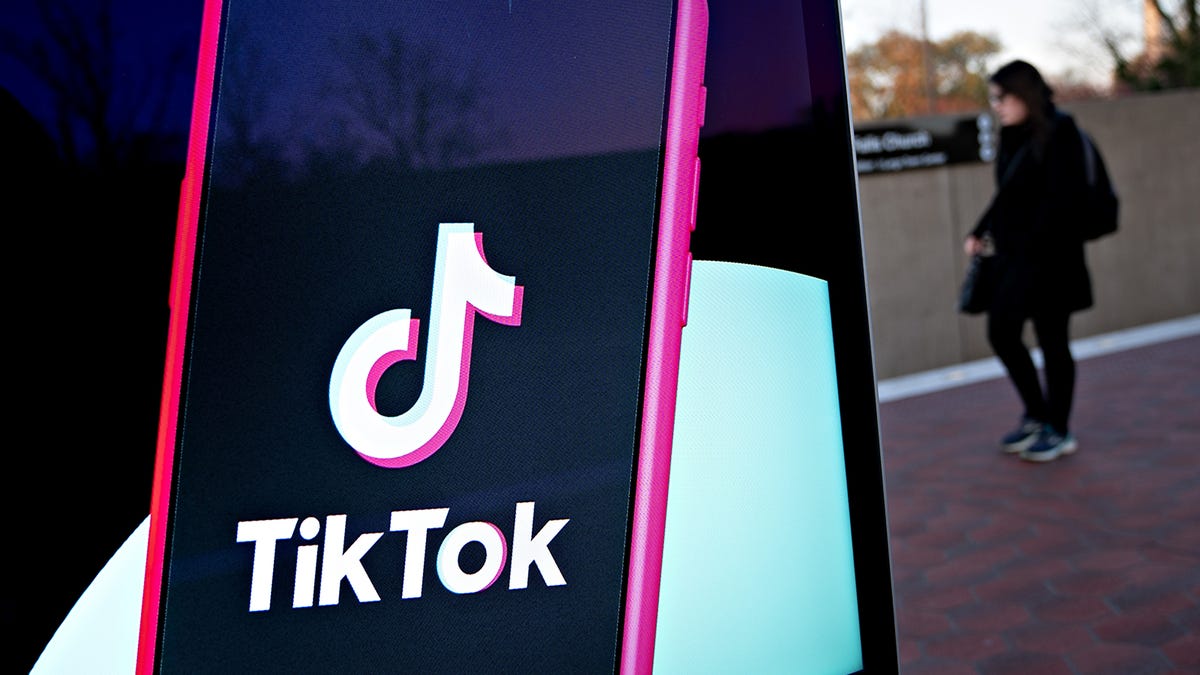
Each government organization that has banned TikTok from devices has cited security concerns. Each country’s primary concern is that the Chinese government could order ByteDance to hand over the data it collects about its users. Western governments are adamant that if the Chinese government could access Western user data, Western security interests would be exposed.
TikTok can collect lots of personal information from its users. In the app’s privacy policy, it states that when you create an account, upload content, or interact with the platform in any way, TikTok can and will collect the following:
- Any account and profile information (name, age, username, phone number, profile image, email, and password).
- Any user-generated content uploaded to the app (audio recording, photos, comments, and videos).
- Direct messages.
- Any information used to purchase something through the app (card numbers, names, information from third-party payment apps, billing, and shipping address).
Some of TikTok’s information-gathering methods can be circumvented by taking steps like denying the app access to your contacts. But much of TikTok’s information gathering is automatic and cannot be stopped by the user. For instance, you must share:
- Your device information (IP address, mobile carrier, and network type).
- Your location.
- Cookies.
- Device metadata (describes how, when, and where your user-generated content was created).
Some governments are concerned about the geopolitical consequences if the Chinese government accessed this much Western user data. It can be especially concerning if government officials with clearance to sensitive and classified information give away their personal data — and that’s why the ban on federal government-issued devices is being enforced.

























